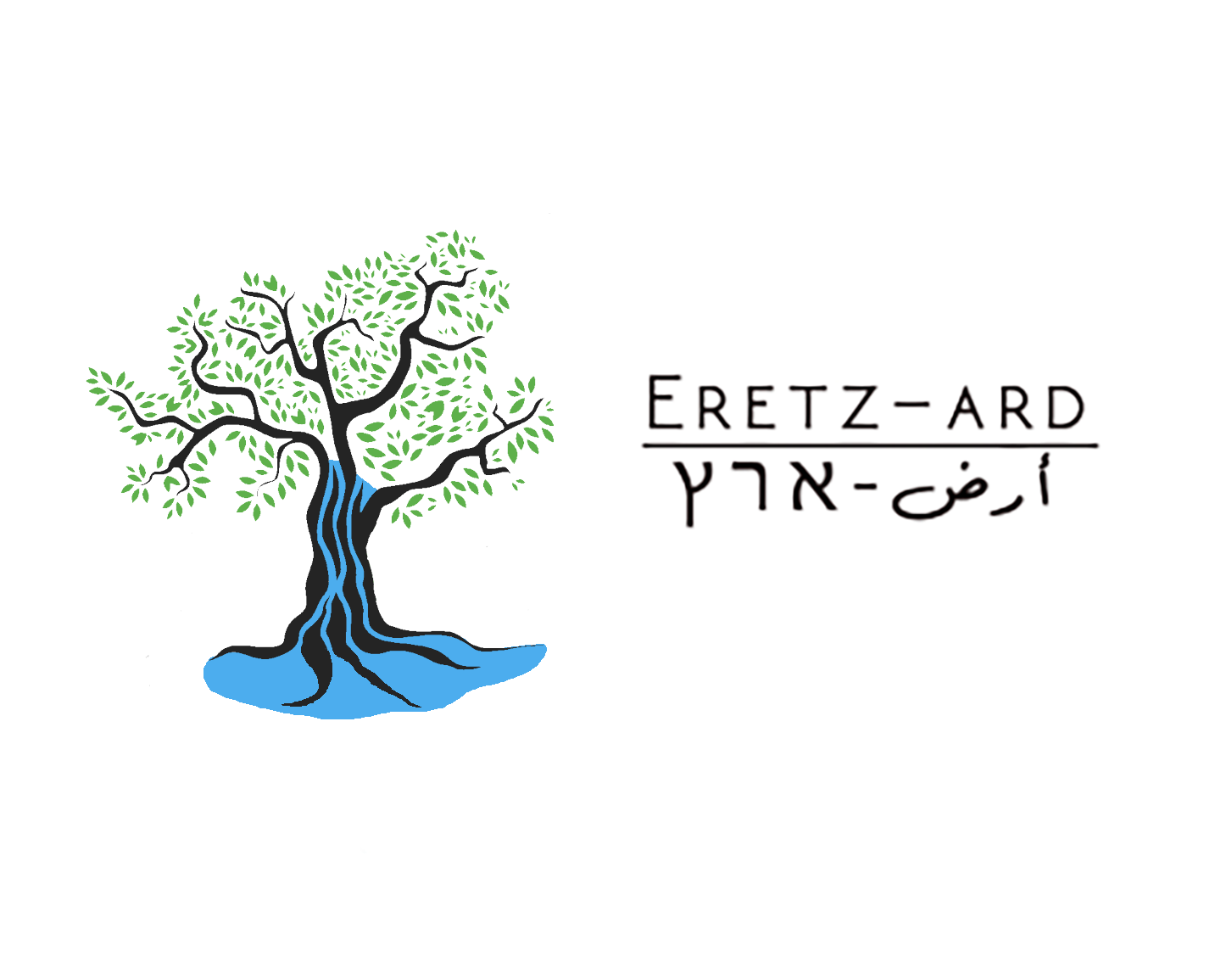Core Principles of the Jerusalem Union Proposal:
- Two-State Basis with Shared Capital: Israel and Palestine as separate states, sharing Jerusalem as a federal district and capital. Jerusalem is the shared capital of the Jerusalem Union.
- Freedom of movement: with no physical barriers or checkpoints within the Union, this will reduce conflict, and enable an integrated economy while honoring the historic connection that both people share with the entire land.
- Confederation-Federation Hybrid: Combining elements of both systems for autonomy, cooperation, and security. The Federal Government would consist of legislative, judicial, and executive branches of government.
- Demographic Considerations: Equal representation for Israeli Jews and Palestinian Arabs in federal structures. The country has two main ethno-national groups, the Israeli Jewish and Palestinian Arab people. The Israeli Jewish people in this context also include descendants and spouses of Jews. The Palestinian Arab people in this context also include Druze, Bedouin, and other Arab citizens of Israel.
- Land and Population Distribution: Base on the pre-67 lines with minor border adjustments and land swaps, considering demographic and cultural aspects.
- Shared Governance: Bicameral parliaments in each state and a shared federal parliament, with equal representation for Israeli Jews and Palestinian Arabs via carefully arranged Electoral Districts. Political subunits of the country such as states, provinces, or cantons shall be determined in such a way to provide for parity between the two people groups in the country. Secondary subunits such as districts, counties, or others shall be determined to provide for proportional representation within these states, provinces, or cantons.
- Cultural Autonomy: Enabling Ethno-Cultural Communities to protect their collective rights through the establishment of local Community Councils. The various Ethno-Cultural Communities of Israel-Palestine have the right to the preservation of culture, the preservation of their cultural symbols such as flags and anthems, to have education in their culture and language,e and to access their sacred and historical sites.
- Economic Integration: Common market and special economic districts to boost cooperation and growth. The Jerusalem Union would be a single economy with a single currency. It will strive to provide the highest level of economic success for all citizens in all regions of the country based on the principles of free market economics with a strong social safety net.
- Right of Return and Residency: Policies to address refugee issues and residency rights, including options for Palestinian returnees and Israeli settlers. Immigration policy of Israel-Palestine must be done in a fair and balanced way allowing the Right of Return for both people within the reasonable capacity of the country. The absorption of new immigrants shall be done within the limits of our shared society’s ability to provide housing and jobs in a balanced fashion between the two groups to retain a relative parity between populations. The Jerusalem Union is a refuge for all the Jewish and Palestinian people in times of need.
- Security Arrangements: A combination of Israeli, Palestinian, and Union police forces, with special provisions for the Israel Defense Forces (IDF). The Jerusalem Union must have a single military and no militias. The Single military must defend the borders and the Union.
- Legal and Human Rights Framework: A federal supreme court and bill of rights to protect individual and collective rights. Citizens and residents of the Jerusalem Union shall be given all due civil and political rights in accordance with international democratic standards such as those found in the International Covenant of Civil and Political Rights and the UN Universal Declaration of Human Rights
- Truth and Reconciliation: Comprehensive approach to reconciliation via concrete actions and policies to help build a new shared collective memory and achieve a warm peace.
- Path to Future Integration: The potential for eventual conversion into a federal state and a greater Middle Eastern regional economic union. The Natural Allies of The Jerusalem Union are the other states of the Middle East. The Jerusalem Union will work towards a regional economic and security alliance with these neighboring states. Israel-Palestine as part of the democratic family of countries will prioritize alliances with other free and democratic States. It will promote and encourage freedom and democracy in the Middle East and throughout the world.
